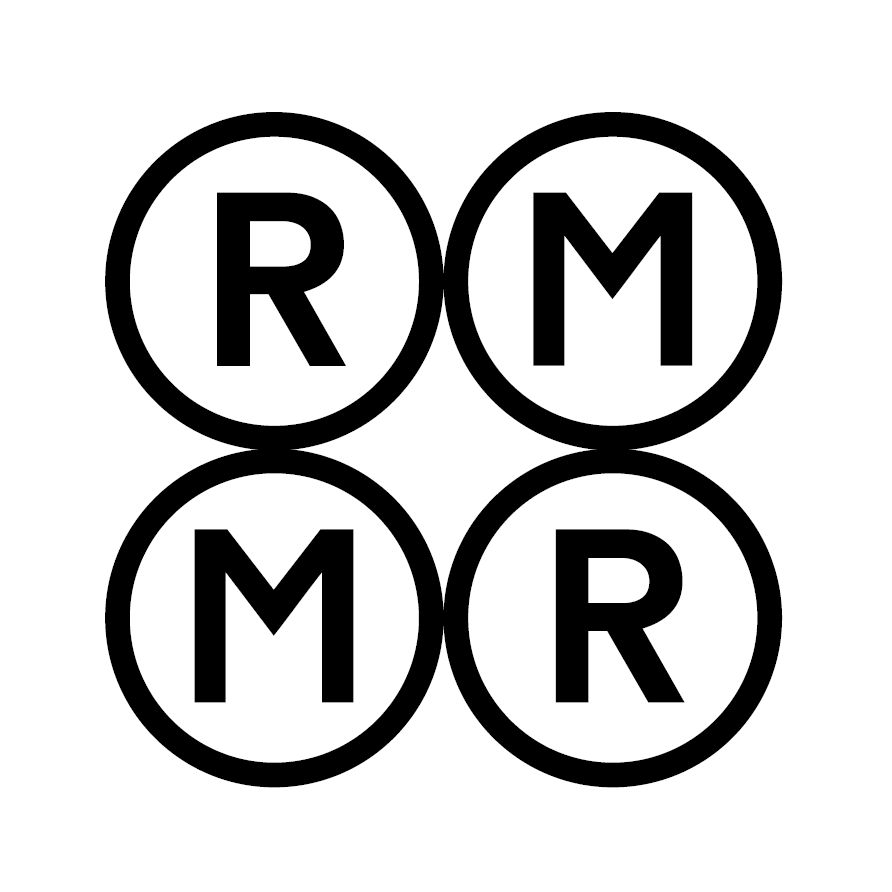
Italy has inaugurated its first integrated district heating and cooling system powered entirely by biogas generated from sewage sludge, marking a significant step toward large-scale circular energy models. The project, located in Peschiera Borromeo near Milan, leverages anaerobic digestion processes to convert sludge into biogas, which is then used to produce both heat and chilled water. The facility, developed by CAP Evolution, sets a national technological precedent and contributes directly to Gruppo CAP’s long-term decarbonization targets.
With over 3 million euros invested, two thirds of which financed through PNRR funds, the plant is expected to cut annual CO₂ emissions by around 2,800 tonnes. The system also promises up to 20 percent energy savings for connected users, strengthening the role of wastewater treatment plants as strategic hubs for renewable energy generation.
Technical innovation: heat and cold from sludge-based biogas
As a unique plant in Italy, the Peschiera Borromeo system is the first to produce both thermal and cooling energy from a 100 percent renewable source. The process begins with the biogas produced through anaerobic digestion of sewage sludge. This gas is transferred to two cogeneration units, which simultaneously generate electricity and heat. The electricity is fully self-consumed by the treatment plant, while the thermal output stabilizes digester temperatures and fuels the district heating network.
The system’s key innovation lies in its ability to convert heat into cooling energy during the summer months when thermal demand drops. Through an absorption chiller, the plant produces chilled water at 7°C, enabling the cooling of administrative buildings and a nearby commercial area. Annual output is expected to reach approximately 1 GWh of thermal energy and 585 MWh of cooling energy, ensuring stable service throughout seasonal demand fluctuations.
The plant distributes exclusively renewable energy, reinforcing CAP’s commitment to measurable and verifiable decarbonization strategies. This approach aligns with European Directive (EU) 2024/3019 on urban wastewater treatment, which encourages the integration of renewable energy production and high-efficiency heating and cooling systems within treatment facilities.
Environmental and economic benefits for the community
The environmental impact of the project is substantial: the reduction of roughly 2,800 tonnes of CO₂ annually corresponds to an energy saving of about 1,015 tonnes of oil equivalent. The district network will supply renewable energy to the treatment plant itself, three additional CAP sites, a residential building, the IperCoop store inside the Galleria Borromea, the municipal “Ex-Tucano” offices, and planned commercial developments in the surrounding area.
Forecasts suggest that users connected to the system may experience a 15 to 20 percent reduction in air-conditioning and heating costs. This is due to the stable output ensured by biogas valorization and the high efficiency of the cogeneration and absorption systems. As CAP Evolution’s General Manager Alessandro Reginato notes, “with the new plant in Peschiera Borromeo, we are taking biogas utilisation to a higher level by integrating heat and cooling production into a single system”.
Beyond energy production, the Peschiera Borromeo facility is already recognized as one of Italy’s most technologically advanced treatment centers. It features continuous monitoring of odor emissions through Instrumental Odour Monitoring System (IOMS), meteorological sensors and modeling software for real-time impact analysis. It was also the first Italian plant to adopt a Sanitation Safety Plan with the Istituto Superiore di Sanità, supported by IoT devices and multiparametric sensors ensuring safe reclaimed water.
A circular infrastructure for Italy’s energy transition
The new district energy system consolidates the role of wastewater treatment plants as multifunctional infrastructures capable of integrating water management, renewable energy production and material recovery. Thanks to technologies such as Biofor for biological treatment and 24-hour remote control, the Peschiera Borromeo site operates as an urban biorefinery, where energy and resources circulate efficiently.
Gruppo CAP aims to achieve full energy neutrality by 2045, with the new plant representing a key milestone toward this objective. By exceeding the renewable energy thresholds required by European directives and targeting 35 percent renewable production by 2030, the company positions itself as a national leader in the ecological transition of the water sector.
Cover: the Peschiera Borromeo plant



